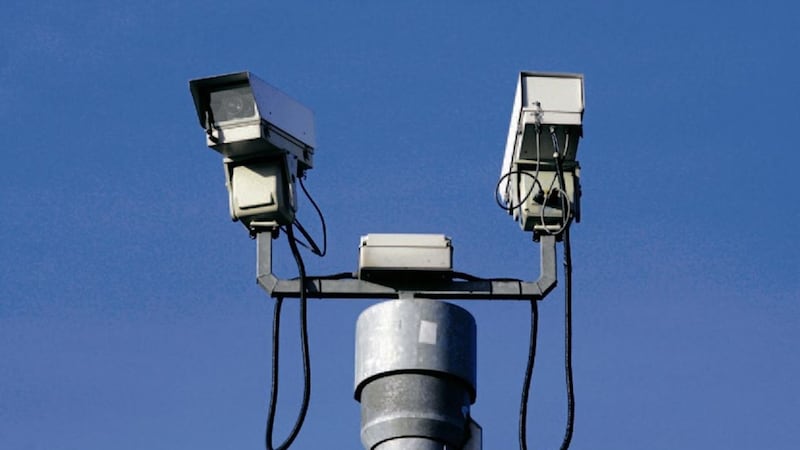A powerful tribunal that scrutinises the use of state surveillance has told a Belfast-based lawyer who made a complaint it cannot provide the results of an investigation on ‘national security’ grounds despite saying it is in the “interests of justice” to do so.
Details of the case have come to light as it emerged a report into PSNI surveillance of journalists has identified up to 18 incidents involving members of the media and legal profession.
The controversial snooping report was presented to members of the Policing Board last week.
It is understood it confirms there are fewer than 10 incidents relating to journalists and the same again for lawyers - meaning there could potentially be up to nine incidents involving members of each profession.
The report was requested by the Policing Board last year after it emerged that two journalists - Barry McCaffrey, a former Irish News reporter, and Trevor Birney - had been placed under PSNI surveillance.
Their case is being considered by the Independent Powers Tribunal (IPT) in London.
The IPT examines complaints from people who believe they have been the victim of unlawful interference by public authorities using covert techniques.
It has now emerged that a lawyer who made a report to the IPT was later told that under the Regulation of Investigatory Powers Act (RIPA) the tribunal decided to make “no determination in the complainant’s favour”.
The legal professional, who deals with Troubles and other sensitive cases, complained to the IPT after receiving information that they were under PSNI and MI5 surveillance.
The lawyer raised concerns linked to the interception of communications and the obtaining of secondary data from postal or telecommunication systems.
The complainant also highlighted concerns over entry or interference with property and surveillance relating to private information.
In its response the IPT said the complaint was examined and it considered whether it was necessary in the interests of justice to provide a summary of the determination.
“The tribunal has concluded that although it is in the interests of justice to provide you with a summary of its determination it cannot do so without contravening Rule 7(1) of the rules,” the tribunal said.
Rule 7(1) states that “the tribunal must carry out their functions in such a way as to secure that information is not disclosed to an extent or in a manner that is contrary to the public interest or prejudicial to national security, the prevention or detection of serious crime, economic well-being of the United Kingdom or the continued discharge of functions of any of the intelligence services”.
Attempts were made to contact the IPT.






